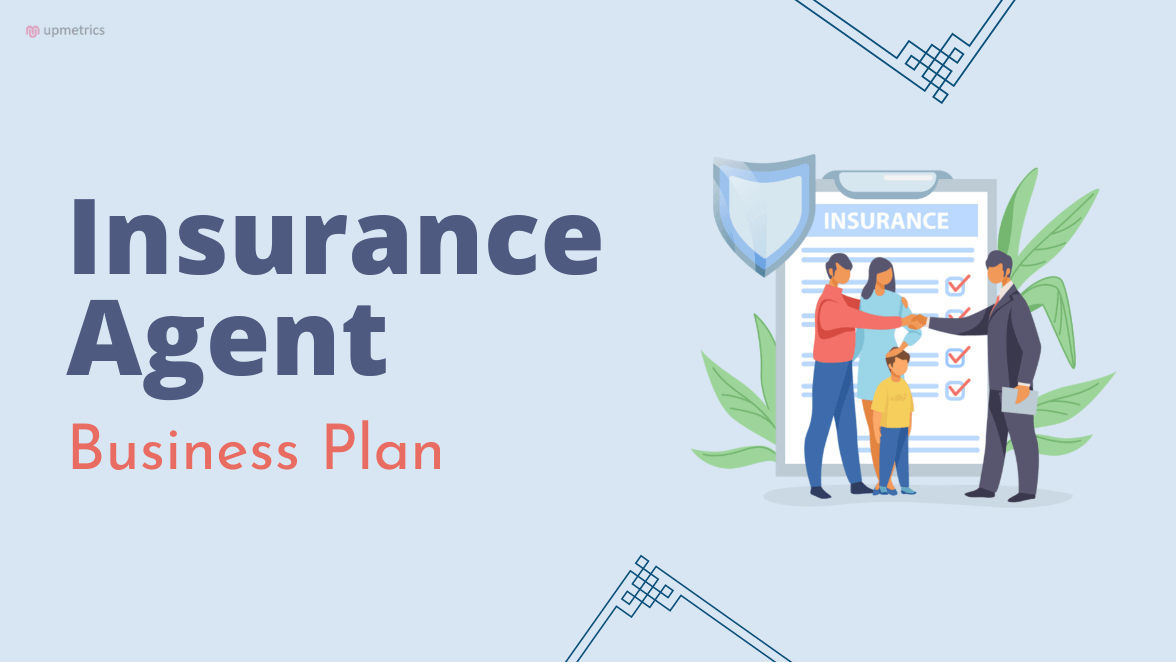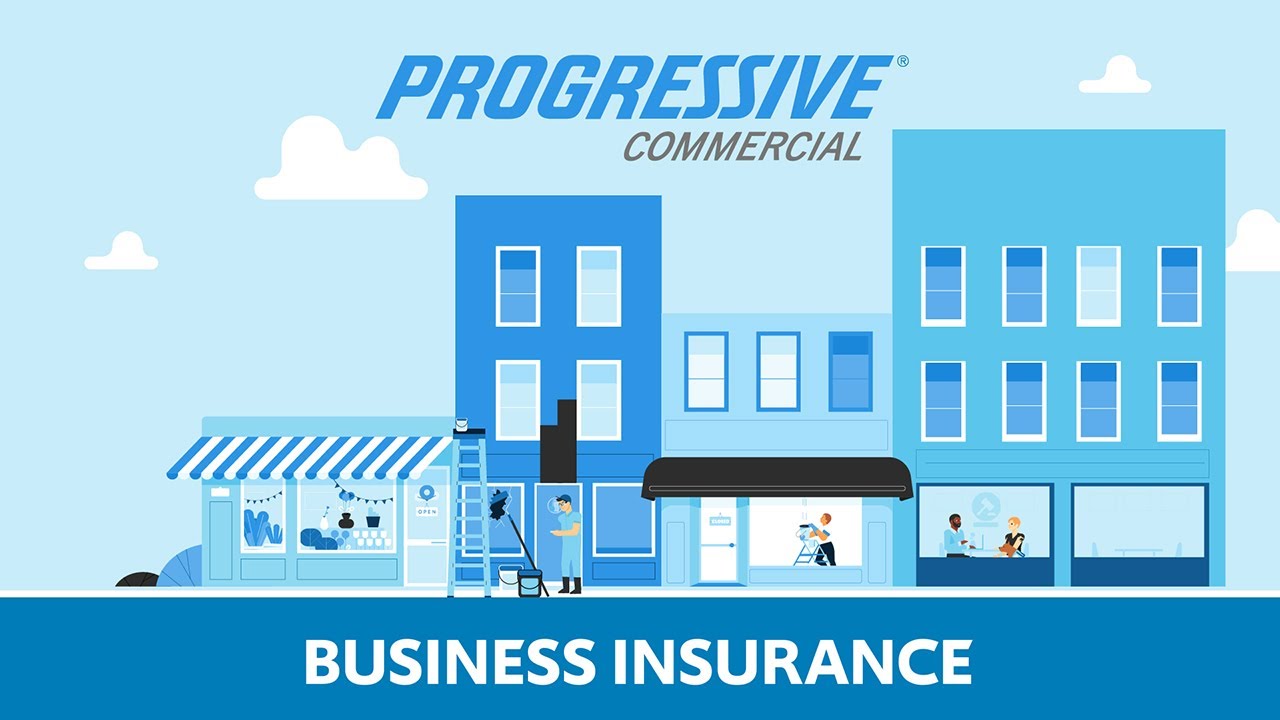What is a Business Insurance Agent?
A business insurance agent is a professional who specializes in helping businesses identify, assess, and manage their insurance risks. They act as intermediaries between businesses and insurance companies, providing expert advice and guidance on the most suitable coverage options.
Key Roles and Responsibilities of a Business Insurance Agent:
- Risk Assessment: They conduct thorough evaluations of a business’s operations, identifying potential risks and vulnerabilities.
- Policy Selection: Based on the identified risks, they recommend appropriate insurance policies that provide adequate coverage.
- Negotiation: Agents negotiate with insurance companies to secure the best possible rates and terms for their clients.
- Policy Review: They regularly review existing policies to ensure they remain relevant and effective as the business evolves.
- Claims Assistance: In the event of a claim, agents assist clients in filing paperwork and navigating the claims process.
Why You Need a Business Insurance Agent:
- Expertise: Business insurance agents possess in-depth knowledge of insurance products and industry regulations.
- Tailored Solutions: They can customize insurance plans to meet the unique needs of your business.
- Time-Saving: Agents handle the complex process of insurance shopping and policy management.
- Cost-Effective: They can help you identify cost-saving opportunities and avoid unnecessary expenses.
- Advocacy: In the event of a claim, agents can advocate on your behalf to ensure a fair settlement.
Choosing the Right Business Insurance Agent:
When selecting a business insurance agent, consider the following factors:
- Experience: Look for an agent with a proven track record in the business insurance industry.
- Certifications: Check if the agent holds any relevant certifications, such as Certified Insurance Counselor (CIC) or Associate in Risk Management (ARM).
- Reputation: Ask for referrals from other businesses or industry associations.
- Communication: Ensure the agent is responsive, attentive, and easy to communicate with.
- Service: Consider the agent’s availability, accessibility, and commitment to providing ongoing support.
By working with a qualified business insurance agent, you can protect your business from financial losses and ensure its long-term viability.





